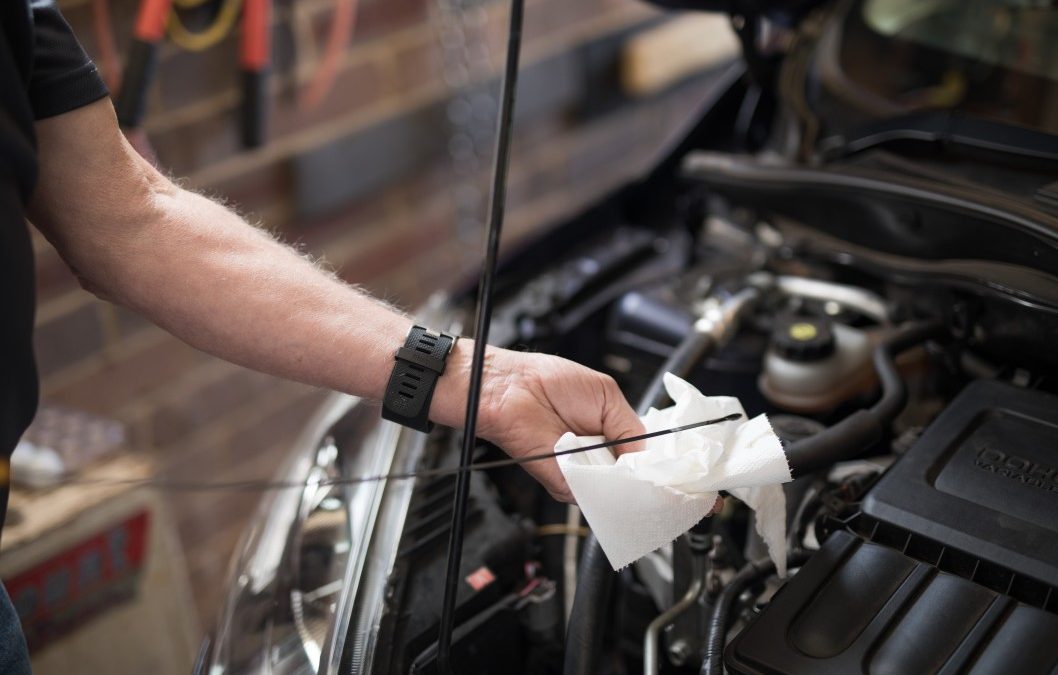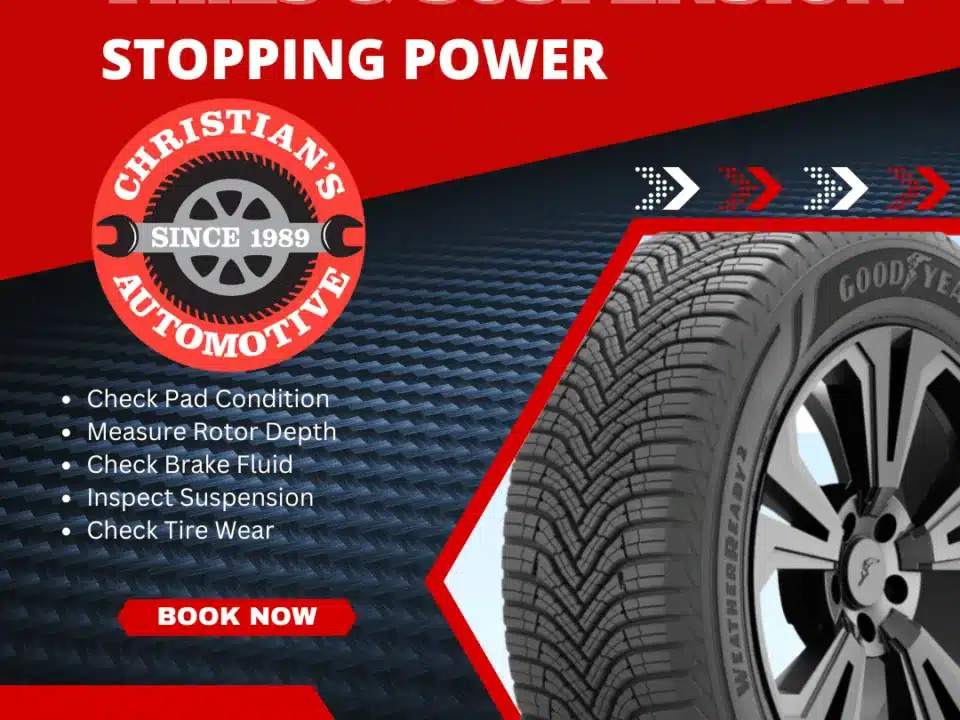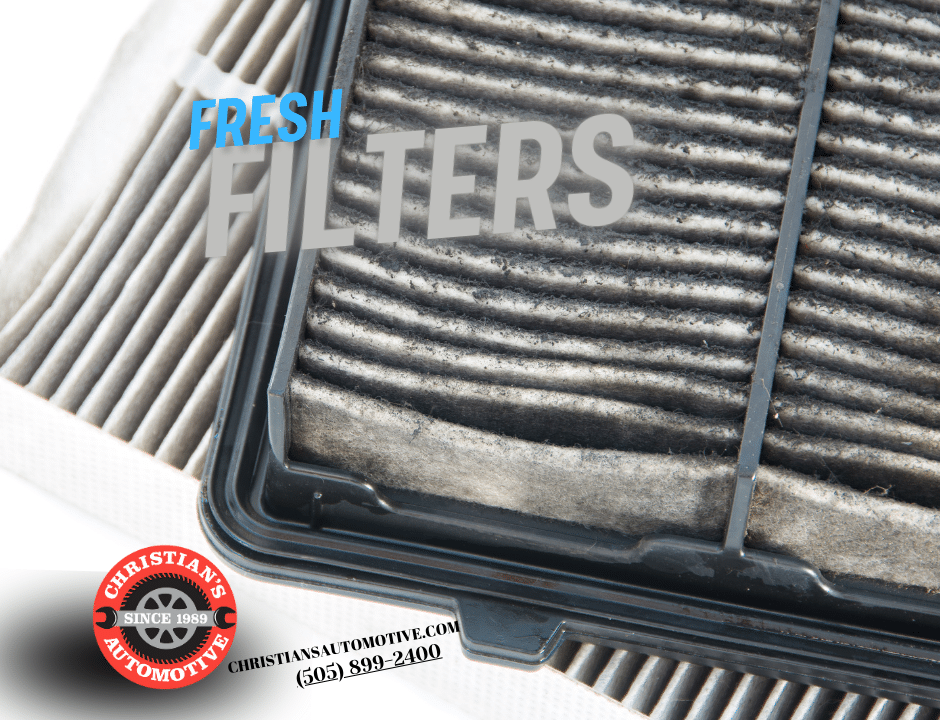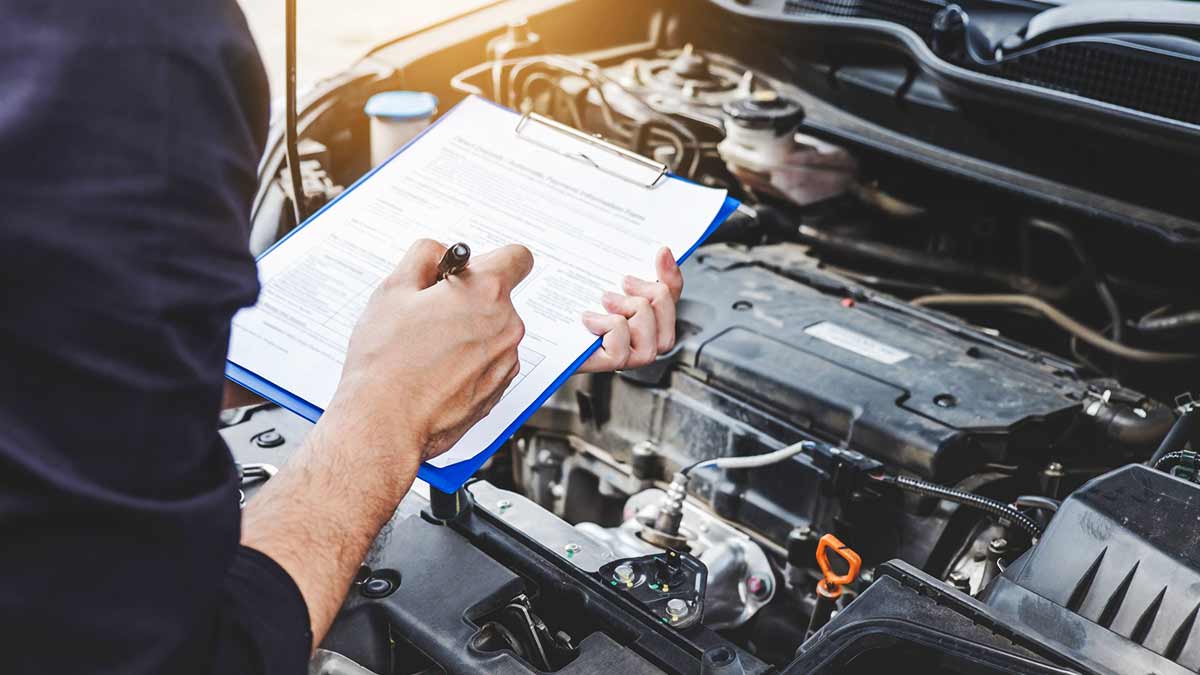
10 Overlooked Services
September 20, 2021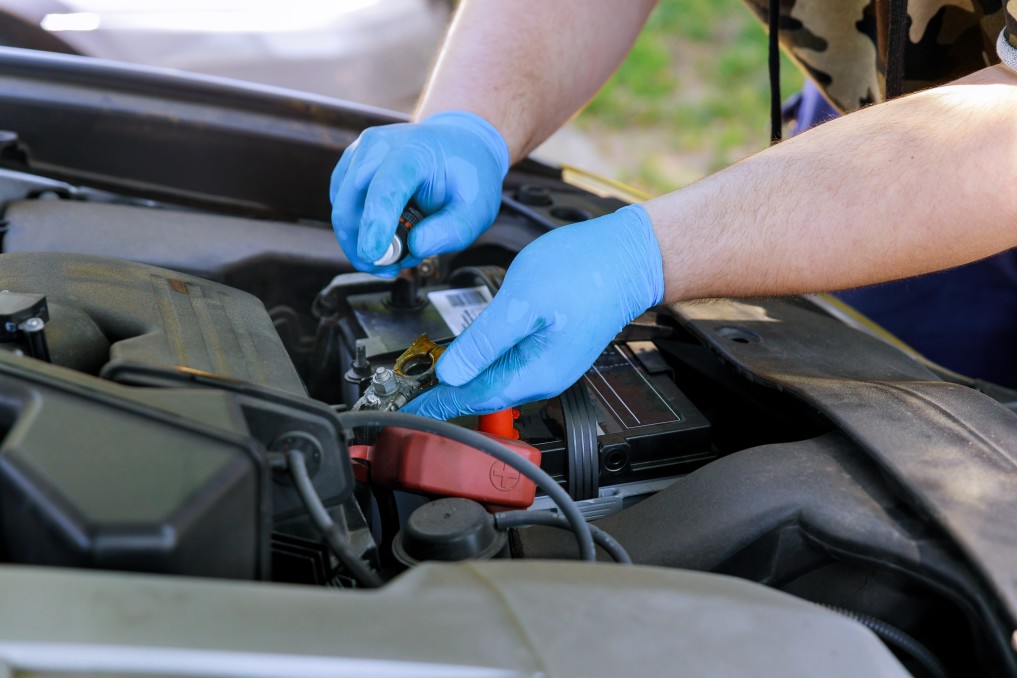
Time Flies – That car battery is older than two years
October 18, 2021Maintaining your car or truck will make it more efficient. It works the way it was designed to and that means it uses less fuel: And you save money.
To help organize our discussion, let’s think of things that rob us of fuel economy in two ways: 1 – increased friction and 2 – inefficient fuel combustion.
1 – Friction. Anything that increases friction increases drag or load on the engine. It must work harder to overcome the drag – and that takes more fuel. The first thing that comes to mind is engine oil. Low oil means there’s not enough to fully lubricate the engine so there’s more friction. The wrong viscosity and grade of oil can also adversely affect fuel economy. Dirty oil won’t lubricate as well as clean oil. The same principles apply to transmission fluid. Getting your oil changed and transmission serviced on schedule will reduce friction and save money. Consider upgrading to synthetic oils in your differentials, engine and transmission to reduce friction.
Another friction related problem is under-inflated tires. When tires are low on air, it’s like driving through sand – the engine must work harder to move every mile. Check your tire pressure at least once a month.
Sticking or binding brakes put a drag on your vehicle and can hurt mileage. A simple brake inspection can uncover potential problems.
2 – Let’s move on to Fuel. A dirty fuel system has varnish and gum interfering and the fuel injectors may be unable to deliver the correct amount of fuel at the right pressure and in the spray pattern that the engineers intended. A fuel system cleaning will get all of that working right and really improve fuel economy.
Replacing worn spark plugs will burn your fuel as efficiently as possible, saving money at the pumps.

